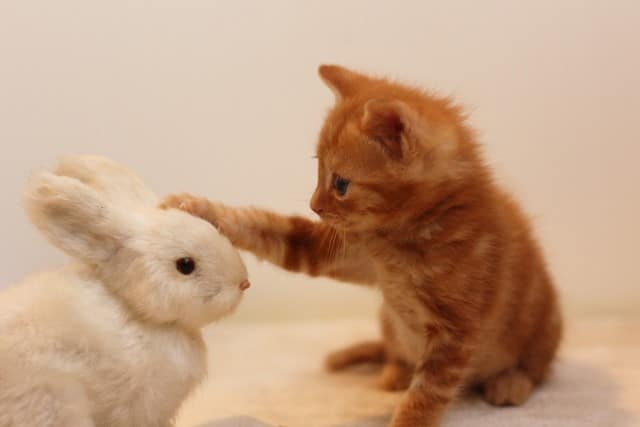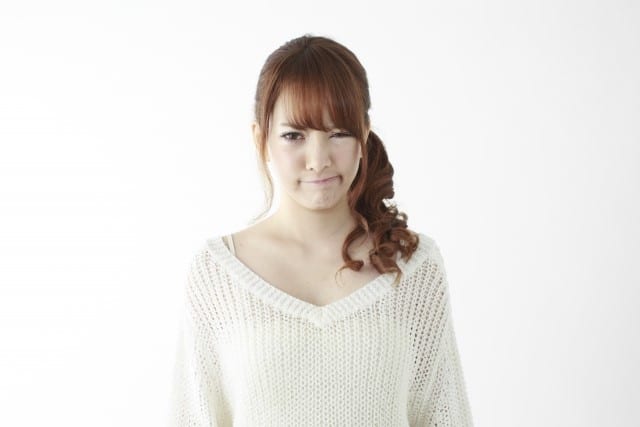10 Japanese Slang Words
Useful To Know
BY KAORI NOMURA
Young learners of Japanese language probably want to know some Japanese slang words which are commonly used among youngsters in Japan. Slang words are usually not found in dictionaries and are usually not taught in in learning Japanese. I have selected ten most common Japanese slang words useful for you to know below.
1. かわいい kawaii
cute, pretty, adorable
Basically, kawaii means “cute” or “pretty”. When you see adorable things like Hello Kitty or Pikachuu, kawaii is uttered. Sometimes kawaii can also be used for something ugly or gross.
There are some combined words like busu-kawaii (ugly-cute), kimo-kawaii (gross-cute). Young Japanese people tend to say kawaii so often to cute looking people and things.
Example:
今日の服、かわいいね。
Kyou no fuku kawaii ne.
Your clothes today look good.
2. キモい kimoi
disgusting, gross
This word is a shortened version of kimochiwarui which means “disgusting”. You can use it for people or things.
Example:
A: あ、ゴキブリ!
A: A, gokiburi!
A: Ugh, cockroach!
B: うわっ、キモい!
B: Uwa, kimoi!
B: Eww, gross!
3. ウザい uzai
annoying, irritating
uzattai is the original word of uzai which means “annoying”. The meaning is similar to uttooshii (bothersome) but it can be used in so many different situations. When you are being disturbed, getting nagged, felt too much hassle, or uncomfortable, you can say uzai.
Example:
A: 彼からまたメールがきたよ。
A: Kare kara mata meeru ga kita yo.
A: I’ve got a text message from him again.
B: 彼って本当にウザいね。
B: Karette hontou ni uzai ne.
B: He is really annoying.
4. ムカつく mukatsuku
pissed off
When you are upset or annoyed at someone or something, mukatsuku is the word to use. uzai also means “annoying” but mukatsuku sounds like you are more upset so “I’m pissed off” is probably a closer translation in English.
Example:
A: あの男、本当にムカつく!
A: Ano otoko, hontou ni mukatsuku!
A: I’m pissed off with that man over there!
B: どうしたの?
B: Doushitano?
B: What happened?
5. すごい sugoi
awesome, terrific, very
You may have already heard this word. sugoi is usually a compliment word. When someone is doing an amazing job, has a terrific skill, or something is of an extreme level, you can use it. sugoi is also used for horrific things which make you shiver.
Example:
合格したの? すごい! おめでとう。
Goukaku shitano? Sugoi! Omedetou!
You passed the test? That’s awesome. Congratulation!
すごい人気ですね。
Sugoi ninki desu ne.
It’s very popular, isn’t it?
すごい目でにらまれた。
Sugoi me de niramareta.
I was being stared at by horrific eyes.
6. マジ maji
seriously
maji or majide is a really common word among youngsters. This word is used when you are surprised at something. It is like “seriously?”. The formal word is hontou which means “really?”. You can say majide with your friends but avoid using in a business situation. Hontou desuka? (Really?) is more appropriate.
Example:
A: けいこさんとジョージが付き合ったらしいよ。
A: Keiko-san to Jooji ga tsukiatta rashii yo.
A: I’ve heard that Keiko and George got together.
B: マジで?
B: Majide?
B: Seriously?
7. ヤバい yabai
oh my gosh, wow
yabai can be used in a good situation or a bad situation. When you see something wonderful, yabai means “That’s amaizing!”. When you are in danger or you have done something wrong, yabai means “we are in trouble”.
Example:
あの人、ヤバい、かっこいい。
Ano hito yabai kakkoii.
Wow, that man over there is hot.
ヤバい、携帯が壊れた。
Yabai keitai ga kowareta.
Oh my gosh, my mobile is broken.
8. 超/めっちゃ choo/meccha
so, super
When you want to emphasize a word, just put choo or meccha in front of the word. For example, choo-kawaii (super cute), choo-oishii (super delicious), meccha-uzai (extremely annoying).
Example:
ラーメンが超食べたい。
Raamen ga choo-tabetai.
I so want to eat ramen.
あの子、めっちゃ美人じゃない?
Ano ko meccha bijin janai?
That girl over there is super beautiful, isn’t she?
9. ウケる ukeru
hilarious, epic
When someone does or says funny things, or something hilarious happens, ukeru is used. This is a typical word for gyaru. The English translation will be “That’s funny!”, “Hilarious!”, “That’s epic!”.
Example:
彼の髪型、超ウケる。
Kare no kamigata choo-ukeru.
His hair style is hilarious.
10. ビミョー bimyoo
yes and no, not sure
bimyoo as a slang word is usually written in katakana ビミョー. The original word is 微妙 bimyoo which means “unclear”, “iffy”, “yes or no”, or “I can’t say”. So when you are not sure, you can use bimyoo to answer.
Example:
彼女、かわいいよね。
kanojo kawaii yone.
She is pretty, isn’t she?
うーん。ビミョーかな。
Uun. Bimyoo kana.
Hm. I’m not sure.
Finally, a word of caution! You should not use these slang words with people who are older than you as it can make you sound a bit rude.







